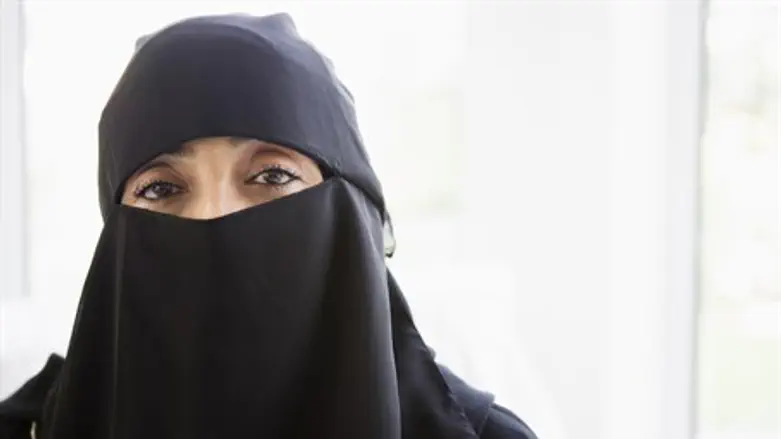
In an attempt for better representation, about 900 Saudi women are running for Municipal election next month - marking the first time females will be allowed to participate in choosing their officials.
Saudi Arabia is an Islamic absolute monarchy; it has no female cabinet ministers, women must cover themselves in black from head-to-toe in public, must require permission from a man in their families to travel, work or marry, and is the only country in the world where women are not allowed to drive
"If we want to develop or reform our country we should put a woman in every decision-making level," said Nassima al-Sadah, a candidate in the Gulf coast city of Qatif, to AFP.
Despite many restrictions, there is a slow development towards women’s rights.
In 2005, king Abdullah introduced the municipal election, and in 2013 he named women to the appointed Shura Council, which advises the cabinet.
After Abdullah’s death in January, his successor King Salman stuck to the election timetable.
Unlike other Gulf States, where women have had voting rights for several years, this will be the first time Saudi women will have a say in who gains office.
Although al-Sadah expressed satisfaction at the number of female candidates, she said “very few” women have registered to vote.
According to data cited by the Saudi electoral commission, only 130,600 women have signed up to vote, compared with more than 1.35 million men.
Saudi women say their voter registration was delayed by bureaucratic complications and hindered by a lack of awareness of the process and its significance, and expressed further disappointment at the performance of the local councils.
Although the voting age has been lowered to 18 from 21 and the amount of elected council members has increased to two-thirds, winning a seat still remains a challenge since male voters vastly outnumber females.
“It’s very, very difficult for us to win and to target our voters,” said al-Sadah, who plans a social media campaign since traditional banners and brochures are not allowed to carry neither her nor the male candidate’s picture
Later next week al-Sadah will begin town hall meetings in a direct pitch to voters. However due to the strict separation of sexes laws, women will gather one day and her male spokesman will address the men the next.
Despite the obstacles, al-Sadah is confident there will be at least one woman elected in the December 12 vote.